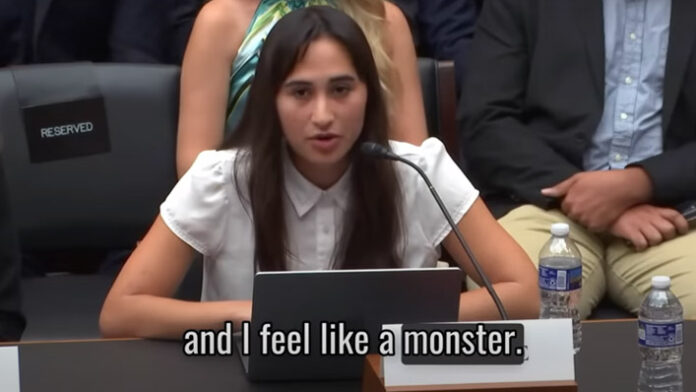Chloe Cole is a controversial figure in the current discourse surrounding gender identity, medical care for transgender minors, and the concept of detransitioning. Her personal journey and outspoken stance against gender-affirming care for minors have drawn significant attention, with her narrative often intersecting with broader political and cultural debates. Let’s dive into Cole’s life, exploring her experiences, the implications of her activism, and the reactions from various communities.
The Beginning: Early Life and Transition
Chloe Cole, born in 2002, grew up in a supportive family environment in California.
Chloe had always felt out of place, like a puzzle piece that couldn’t find its right spot. From a young age, she was diagnosed with gender dysphoria.
Growing up, Chloe embraced the label of a “tomboy,” a term tossed around by friends and family to describe her disdain for dresses and her competitive spirit on the soccer field. Yet, it was the digital age, the era of social media, that expanded her horizon. It was an Instagram account created during a summer of curiosity that opened new doors. The algorithm, mysterious and all-knowing, started funneling LGBTQ content her way, with a particular emphasis on stories of transgender boys.
“Social media introduced this idea that I could be a boy,” Chloe shared on an episode of The Daily Signal Podcast. The notion was revolutionary and terrifying all at once.
By the age of twelve, Chloe made the profound decision to transition. It was February 2018 when she first started on Lupron, a puberty blocker that was supposed to be the answer to the distress she felt. A mere month later, she began testosterone injections. The physical changes started to align more with her internal vision of herself, yet each step on this path brought new complexities.
June 2020 marked a significant and controversial moment in Chloe’s journey—she underwent a double mastectomy at just 15 years old. The decision was met with mixed reactions, embodying the broader societal debates about gender, identity, and age.
The Turning Point: Detransitioning
Despite initially feeling certain about her decision, Chloe’s perspective on her gender identity began to shift as she grew older. By the age of 16, she started experiencing regret about her transition. This led to her decision to detransition, returning to identify with her sex assigned at birth. Chloe has publicly described this period as one of intense emotional turmoil, citing a lack of adequate counseling and exploration of underlying health issues before her transition.
View this post on Instagram

